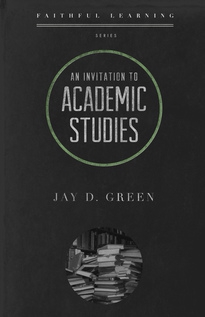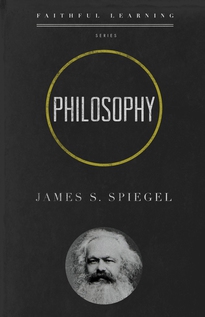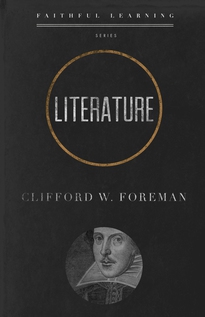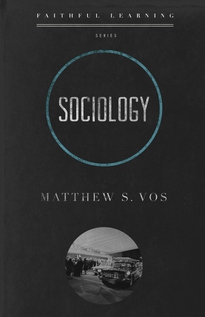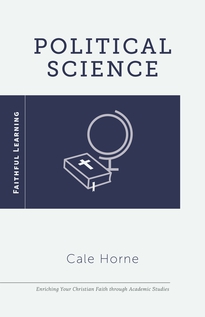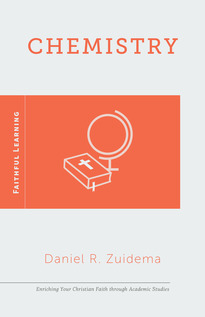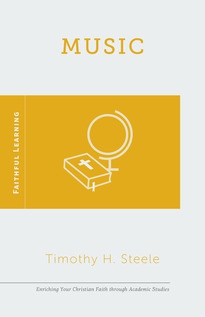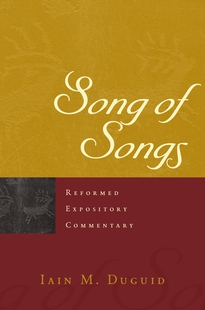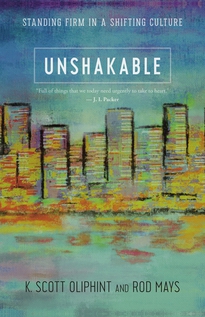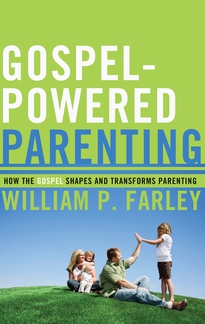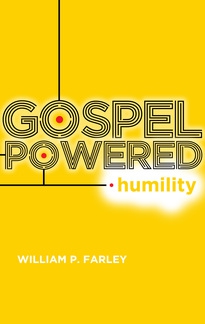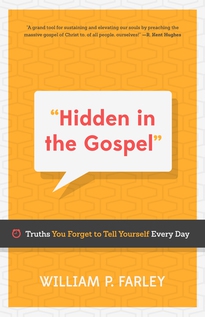The Faithful Learning series invites Christian students to dive deeper into a modern academic discipline. The authors, scholars in their fields, believe that academic disciplines are good gifts from God that, when understood rightly, will give students the potential to cultivate a greater love for God and neighbor.
Political Science by Cale Horne
48 pages | $4.99 | Booklet
Summary
Many Christians think of politics in terms of daily headlines, newsfeeds, sound bites, and talking heads—or as an ideological battleground cluttered with winners and losers. Much, much more is going on. The academic field of political science is an empirically based, theoretically driven social science that addresses human endeavors of a political nature. Political scientists create hypotheses and test them using data and carefully selected research methods, and understanding their findings in light of God’s common grace will change the way we work in government, journalism, the military, and other fields. Cale Horne overviews the discipline; presents a Christian framework for approaching political science; and illustrates the potential for faithful learning in and through the study of politics.
About the Author
Cale Horne (MA, University of South Carolina; PhD, University of Georgia) is associate professor of political studies at Covenant College in Lookout Mountain, Georgia, where he has taught since 2011.
Chemistry by Daniel R. Zuidema
56 pages | $4.99 | Booklet
Summary
God has given human beings many different gifts and talents. What if your talents and interests lie in the field of chemistry? As a Christian, you may feel that studies in chemistry are valid only if you are planning to use them as part of an overtly Christian career. But this view leaves a lot out of the picture.
Our creator God speaks in the language of chemistry. Recognizing this, Christian chemists bring a powerful, necessary worldview to this discipline. Step by step, Daniel Zuidema guides you in cementing this worldview as the foundation for excellent, God-glorifying work in a fascinating field of science. Engage with chemistry in a way that helps others, serves the church, and shows profound appreciation for God’s created order.
About the Author
Daniel R. Zuidema (PhD, Wake Forest University) is professor of chemistry and chair of the chemistry department at Covenant College in Lookout Mountain, Georgia, where he has taught since 2005.
40 pages | $4.99 | Booklet
Summary
Many Christian musicians enter college without a clear understanding of the discipline of music or how it might deepen their love for God and their commitment to Christian service. In this invitation to the subject, the themes order, meaning, and function provide a biblical framework for thinking about the central questions of the discipline, pointing to ways in which Christians may faithfully and responsibly enter into its practices. For students considering a major in music or just looking for ways to increase their engagement with the discipline, this booklet not only provides a Christian perspective but promotes reflection on the call to serve as musical agents of renewal in God’s world.
About the Author
Timothy H. Steele (MM, Temple University; PhD, University of Chicago) is associate professor of music and chair of the music department at Calvin College in Grand Rapids, Michigan, where he has taught since 2007.
Other booklets previously released in the Faithful Learning series:
1. An Invitation to Academic Studies by Jay D. Green
Why study academic disciplines like history, literature, biology, philosophy, chemistry, and computer science? Why even study secular subjects in the first place—especially since we have the Bible to learn from? God has made us to be nonstop learners—and what we learn can actually strengthen our faith! What will you learn, and why?
Jay Green invites you to explore the world of academic study, where you will discover vital opportunities to understand and expand God’s kingdom. Learn how the church and the academy intersect, and find out how you can cultivate your mind for the glory of God.
2. Philosophy by James S. Spiegel
Socrates, Plato, Aristotle . . . great philosophers have a lasting impact. For them, words and ideas are power. They can turn a phrase inside out and flip an argument on its head. They can put a spin on the world. But this power may be used wrongly—and the best response is not to avoid it, but to learn how to use it rightly! In the words of the apostle Paul, “See to it that no one takes you captive through hollow and deceptive philosophy.” Are you ready to match wits?
James Spiegel insists that studying philosophy is not only intriguing and mind-opening, but also crucial to following Paul’s counsel. Find out how you can navigate ideas as a philosopher and distinguish between human wisdom and the wisdom of God.
3. Literature by Clifford W. Foreman
Do you like to read? If you find books irresistible, feel the allure of losing yourself in another world, or have a taste for mystery, romance, or adventure, you might sometimes wonder if you’re wrong to get lost in books other than the Bible. But a Christian student can read—and even study—The Screwtape Letters, The Great Gatsby, and other novels, poems, and short stories with confidence!
Clifford Foreman provides a sneak peek into the joy of studying literature, giving you every reason to further refine your appetite for great prose and poetry. Find out how literary forms communicate ideas, artfully use language, and draw us to the greatest Storyteller of all.
4. Sociology by Matthew S. Vos
Does human behavior intrigue you? Are you interested in what’s going on in the world and society? Do you like to sit and watch a busy street? If so, you have the potential to see the world and even yourself like no one else can. God designed us to understand ourselves in the context of relationships, so as a “people watcher,” you may have the marks of a rising sociologist. Interested in finding out?
Matthew Vos introduces you to the field of sociology, where people, problems, and politics find their way under the microscope. Find out how you can bring new depth to your understanding of your relationship with God and the world through people studying people.
